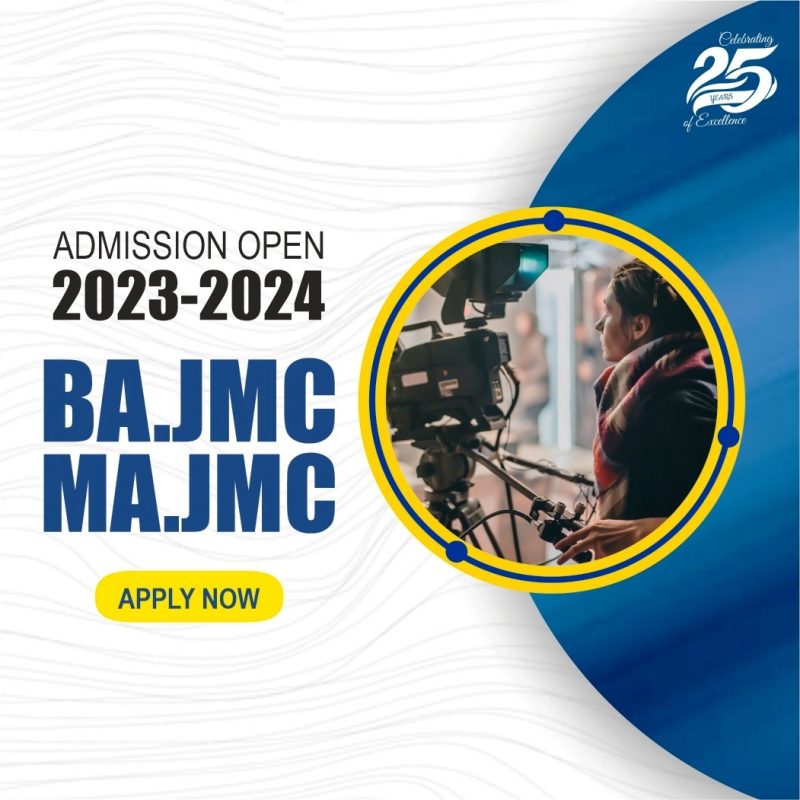In today’s fast-paced world, effective communication plays a pivotal role in shaping opinions, disseminating information, and driving social change. A Masters of Arts (MA) in Journalism and Mass Communication equips students with the knowledge, skills, and critical thinking necessary to thrive in the ever-evolving media landscape. In this article, we delve into the exciting and transformative journey of pursuing a Masters of Arts in Journalism and Mass Communication.
Unleashing the Power of Communication: A Masters of Arts in Journalism and Mass Communication is designed to empower students to become adept communicators and influencers. Through a blend of theoretical knowledge and practical experiences, the program equips students with the tools to navigate the complex media landscape and make a meaningful impact.
Dynamic Curriculum: The curriculum of a Masters of Arts in Journalism and Mass Communication is crafted to provide students with a comprehensive understanding of the field. From media theories to research methodologies, students delve into a range of subjects, including journalism ethics, media management, digital media, strategic communication, and global journalism. This diverse knowledge base prepares graduates for various career paths within the media industry.
Practical Learning Opportunities: Hands-on experiences are a cornerstone of a Masters of Arts in Journalism and Mass Communication program. Students engage in practical learning through internships, industry collaborations, and real-world projects. These opportunities enable students to apply their theoretical knowledge, develop practical skills, and build a professional network. Whether it’s conducting interviews, producing multimedia content, or analyzing media trends, students gain invaluable experiences that prepare them for the challenges of the media industry.
Faculty Expertise: A Masters of Arts program is enriched by experienced faculty who bring a wealth of industry knowledge and academic expertise to the classroom. Professors often have diverse backgrounds in journalism, public relations, broadcasting, and digital media. Their guidance and mentorship not only enhance the learning experience but also provide students with insights into the latest industry trends and best practices.
Networking and Collaboration: Pursuing a Masters of Arts in Journalism and Mass Communication offers ample opportunities for networking and collaboration. Students interact with fellow aspiring journalists, media professionals, and industry experts. Workshops, seminars, and conferences provide platforms for knowledge-sharing and networking. These connections often prove instrumental in opening doors to internships, job opportunities, and collaborative projects.
Career Opportunities: A Masters of Arts in Journalism and Mass Communication opens doors to a multitude of career opportunities. Graduates can pursue roles as journalists, reporters, editors, media consultants, content strategists, public relations specialists, social media managers, and communication researchers. The program provides a solid foundation for both traditional and digital media careers, empowering graduates to adapt to the changing media landscape.
A Masters of Arts in Journalism and Mass Communication offers an exciting and trans-formative journey, equipping students with the skills and knowledge to excel in the world of communication. With a dynamic curriculum, practical learning experiences, experienced faculty, networking opportunities, and diverse career prospects, this program provides the perfect platform to unlock the power of communication and make a lasting impact in the media industry.


